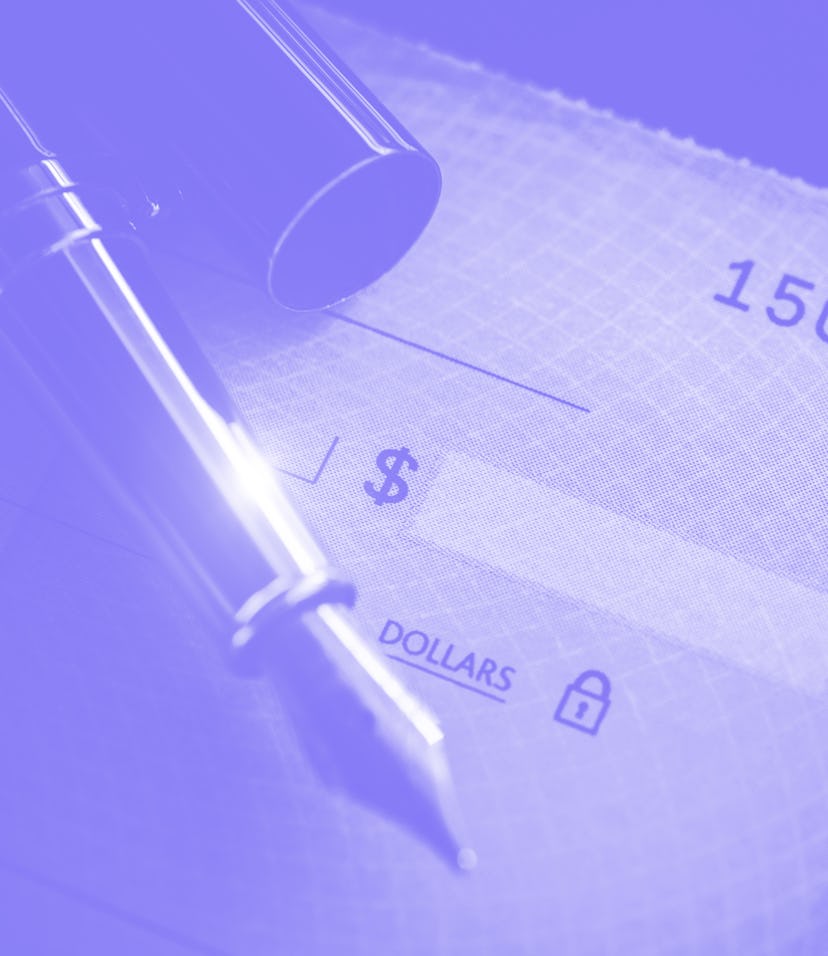Coronavirus
Want to know if you'll be getting a slice of the stimulus pie? This calculator can help
If you’re confused about how big a check you're entitled to, of if you're entitled to one at all, this site can help.

After several proposals from both sides of the aisle, the U.S. government eventually passed the Coronavirus Aid, Relief, and Economic Security (CARES) Act. While the legislation earmarks $2 trillion to keep the country afloat, many of you are primarily concerned about those $1,200 checks that've been in the headlines. Business forecast publication Kiplinger has created a simple, stimulus check calculator to help you find out how much money should be heading your way.
How much is your check? — While $1,200 is the magic number we keep hearing, you could receive more or less that than depending on your marital status, income, and whether you have children or other dependents. This information is pulled from your 2019 tax return or your 2018 return, if you haven’t filed for the most recent tax season yet.
That $1,200 figure will decline at various annual income benchmarks, so the calculator is a great way to quickly find out how much to expect. Regardless of any of these factors, however, parents or guardians should receive $500 per child 16 years old and younger. Kiplinger also goes into more specific payout scenarios if the basic calculator is too rudimentary for your needs.
Unemployment and gig work — If you’re one of the millions of people filing for unemployment, you’ll receive $600 on top of the regular state-allocated benefits. Given the overwhelming demand, however, it will likely take weeks (possibly longer if you don’t have traditional W-2s) to get the first check, so some people may have to turn to gig work. Check your state’s unemployment website to see how many gig hours a week may make you ineligible for benefits that week so you don't have any nasty surprises.
Small businesses are eligible too — Sole proprietors and independent contractors are eligible for a relief option that's part of the support measures for small businesses. An Economic Injury Disaster Loan provides an advance of up to $10,000 that won’t need to be repaid. The advance can be granted even if you’re not approved for a small business loan (up to $200,000). If you’re also approved for a loan on top of the advance, payments will be deferred for one year.